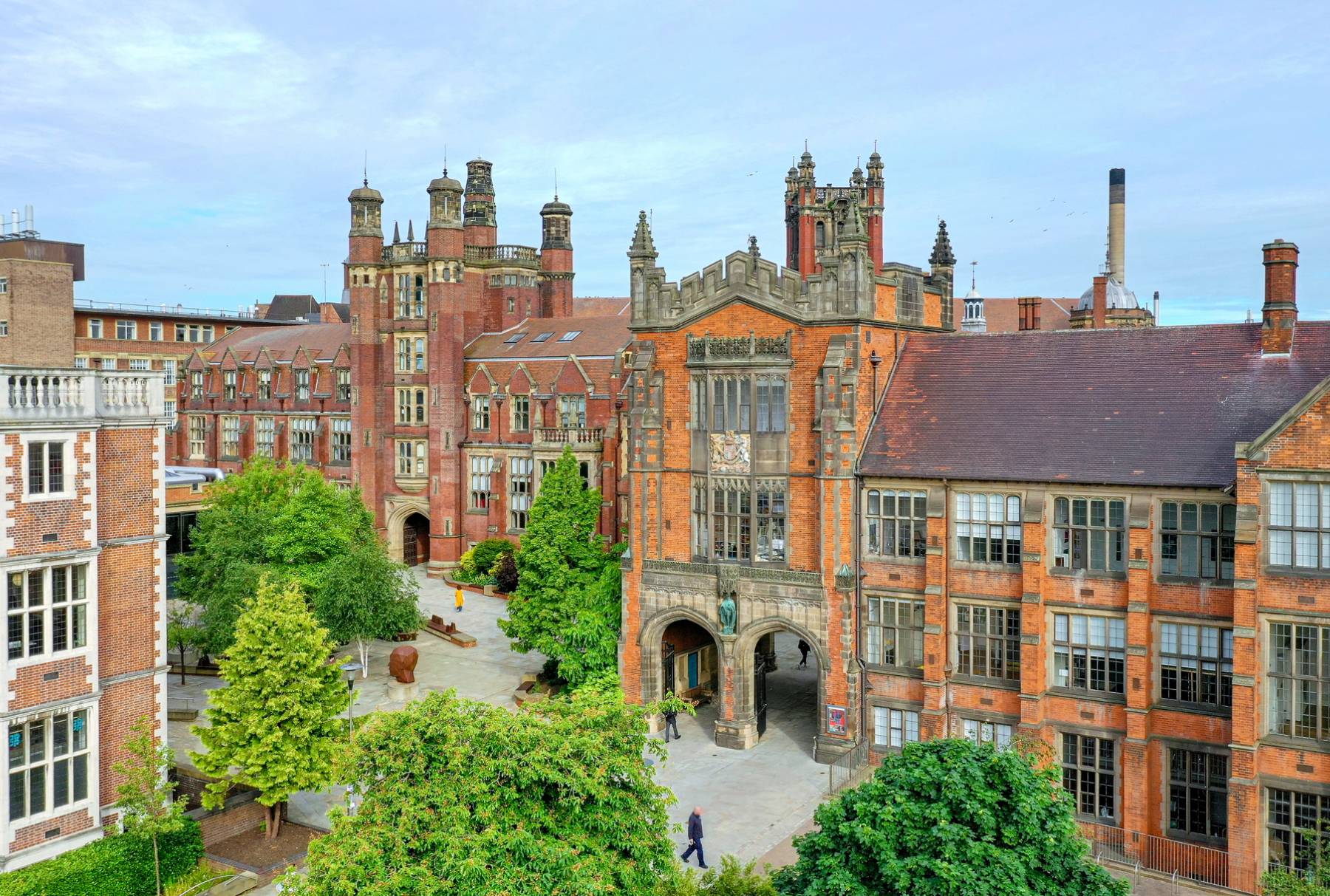Governance
The constitutional framework within which the University operates is based upon its Statutes. As set out in the University Statutes, Council is the supreme Governing Body of the University, while Senate is responsible for academic standards. Subject to the powers of Council and Senate, the day-to-day running of the University is the responsibility of Executive Board.
The structure of governance of the University follows the normal pattern for English universities established before 1992.
Governing documents
- Statutes of the University
- Integrated Annual Report
- University Vision and Strategy
- Student Charter
- Code of Practice for Freedom of Speech
- Council's Statement of Primary Responsibilities
- Council's Delegation of Powers and Authority
- Council's Standing Orders
- Principles of Council
The Section is based on Level 5, King's Gate and is responsible for the following activities and services:
Servicing the University's statutory bodies
Academic Board
The purpose of Academic Board is to keep staff on Grade E or above in touch with the governing bodies of the University and to provide an opportunity for discussion of large issues of policy and common matters of interest.
Meetings of the Board are held annually, usually in May, but other meetings may be held at the discretion of the Vice-Chancellor or at the request of not fewer than 25 members of the Academic Board.
Convocation
Convocation is a statutory body of the University consisting of the vice-chancellor, the deputy vice-chancellor, the pro-vice-chancellors, and all alumni and others who are entitled to be registered as members. The formal powers of Convocation are limited to the appointment of the Chancellor of the University on the nomination of Court and Senate sitting in joint session but under the Statutes it may discuss, and, if it thinks fit, make representations on any matter whatsoever relating to the University.
The Chair of Convocation is Shah Yaseen Ali (BA Law, 2023).
Court
Court has a largely formal role within the University's governance structure. The current total membership is 57, comprising representatives from many sectors of the community as well as the University's principal officers and elected members of staff.
The prime purpose of Court is to provide a channel of communication between the University and the community in Newcastle, the North East of England, and beyond, informing different constituencies of the work of the University and the University of the needs of these constituencies relevant to its activities.
Court meets twice annually in April and October.
Council
Council is the executive governing body of the University, it is specifically charged with the management and control of the University's finances and property and reviewing the work of the University. It has 23 members, including lay members (lay members are those who are neither employees nor students of the University), and meets six times a year.
Council is committed to upholding the highest standards of corporate governance, as well as meeting the University's obligations as an exempt charity and body in receipt of public funds.
It has a collective responsibility to promote the University's wellbeing and to ensure its sustainability. Its specific responsibilities include:
- corporate strategy, plans and budgets
- corporate policy and major business decisions
- establishing the framework for governance and management
- monitoring institutional and executive performance
Senate
Senate is, by Statute, the supreme governing and executive body of the University in all academic matters, and considers:
- the admission of students
- the curriculum
- academic standards
- the award of degrees and other qualifications
- the regulation and control of teaching
- encouragement of research
- academic training
- the conduct of examinations
Servicing committees
- Audit, Risk and Assurance Committee
- Court Steering Committee
- Council's Nominations Committee
- Northumbrian Universities Military Education Committee
Maintaining the constitution and terms of reference of University Committees
University Committee Structure
Contact for Governance enquiries
Simon Meacher, Head of Executive and Governance Office
